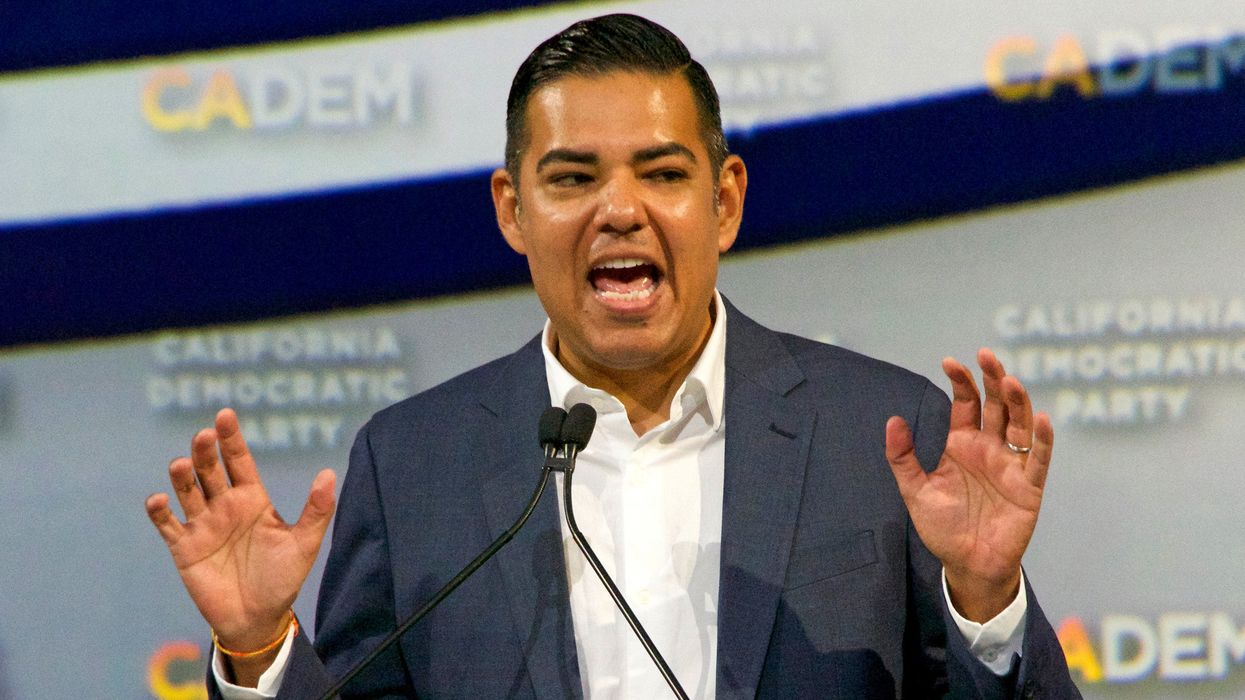Over the weekend, headlines stating variants of "Oxford University told students to use gender neutral pronouns like 'ze'" made their way around the web. The Sunday Times went ahead and reported that the university told students to use gender-neutral pronouns instead of traditional binary pronouns.
![]()
The step seemed pretty radical, and my first thought was, "What about binary-identified trans men and women?" After the shock value wore off, it seemed like an attempt to unsee gender like some attempt to unsee race.
While it would've been an interesting case to pop up at one of the world's foremost universities, it's not exactly true. Oxford hasn't actually mandated the use of gender-neutral pronouns in place of binary pronouns.
"As far as we’re aware, the information which has been published is incorrect," The University of Oxford's Student Union Communication Manager Jo Gregory-Brough wrote in a recent statement. "We have not produced a leaflet implying that all students must use ‘ze’ pronouns to refer to others, or indeed to themselves."
![]()
Evidently, it looks like the news outlets mistook a leaflet possibly circulated by student leaders as definitive university policy.
Even so, that doesn't mean Oxford doesn't encourage the use of gender-neutral pronouns, nor the use practice of inquiring about someone's correct pronouns. Gregory-Brough's statement continues:
"We do however suggest the use of genderless pronouns like singular ‘they’ to refer to individuals whose pronouns haven’t been confirmed. This avoids assuming what pronouns a person uses based solely on how they present themselves. We also recommend that at events like campaign meetings, workshops and training sessions, people introduce themselves with their pronouns. It reduces awkwardness, emphasises that gender cannot be assumed, and most importantly helps make trans students feel comfortable. It’s a very small step that can have massive positive effects.
Requesting that people state their pronouns, and do not assume the pronouns of others, is not particularly radical or controversial. It’s a standard practice, not just in Oxford but in student communities and LGBTQ-friendly spaces all over, and we encourage its spread. We find it disappointing that a piece of misinformation has resulted in a media storm around what is a very basic effort to ensure our trans students feel welcome within the Oxford community."
So, loves, remember to be respectful of all people and their pronouns, and don't forget the cardinal rule of not being led astray in the digital age:
![]()
















































































































